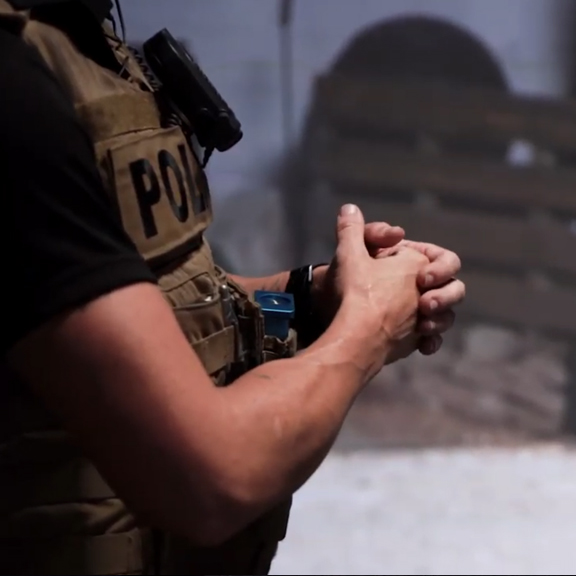
Empathy. It is considered a requirement for our job. A core skill for good leaders. A key component of emotional intelligence and critical to the communication process.
Empathy-based training is considered a necessity for law enforcement officers so they can build relationships and deepen understanding when interacting with others. Empathy sounds like the foundational answer to weaknesses inherent within the communication process. The one skill officers can possess to build connections and build rapport to enhance the likelihood of positive outcomes.
Walk in another person’s shoes. See the world through another person’s eyes. Imagine what it’s like to be that person. Experience the world through another person’s lens. Really? That’s what we want our officers to do? I would submit to you we do not.
All the above is clouded by this simple fact: Your own biases.
When stripped away the roots of empathy end up here: The act of experiencing the world as YOU think someone else does.
Now, you might be “feeling” all sorts of things with what I just said. Maybe you are irritated. Indignant. Perhaps smug. Who is this person to dismiss one of the core components of building rapport and connection?
Let’s talk about that. Besides over 20 years in law enforcement, my background is in professional counseling with a focus in both trauma and human factors psychology. First responders are exposed to trauma on a level that no human being should experience. I am not interested in the argument of “that is what you signed up for.” We have a responsibility to help mitigate and prevent the trauma. Instead, we provide officers unbridled empathy-based training. This unmanaged empathetic training helps create vicarious trauma and depressive symptoms in our officers. One of the definitions for empathy is “engaged suffering”. I do not want that for officers. Neither should you.
Ask yourself this question. How much time do you want your officers to spend immersed in the trauma of those who they serve? If you aren’t answering that question with “none” then we have a problem. The longer we sit with the trauma of others, the more likely we will experience our own vicarious trauma.
If we don’t address the weaknesses of empathy in law enforcement, we set our officers up for failure. Just what are those weaknesses?
Empathy allows for emotional resonance, the connection of “feeling with.” That sounds like it shouldn’t be an issue. The problem? “Feeling with” allows for emotional contagion. Where do people make catastrophically bad decisions? When they lose critical and consequential decision-making skills which happens during emotional contagion, emotional overload, and over-emotional investment.
Empathy can enhance bias, including racial bias. Empathy plays favorites. We are more likely to align with those we like, those who are like us, those we have commonalities with, and those we find attractive, etc. It is difficult to empathize with people who are not like us, who frighten us or disgust us. Empathy can be weaponized. One of the understated tools of empathy is emotional manipulation. Empathy can create a rush to judgement. Empathy can allow for misidentification of your wants versus another person’s needs.
We need to balance the weaknesses in law enforcement empathy with resiliency. We would be much better rooting officers in a mindset of compassion combined with the necessary resiliency skills to combat the weaknesses of empathy.
VirTra recognizes that it is critical to create the proper environment to develop the skills necessary to help facilitate effective communication and integration of training skills.
Written by: Nicole Florisi, M.S., VirTra Training & Curriculum, SME
Recently Published
Join Our Newsletter







